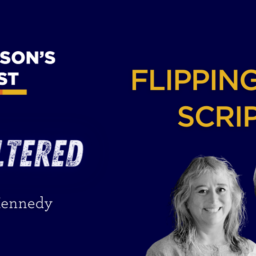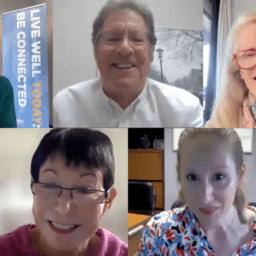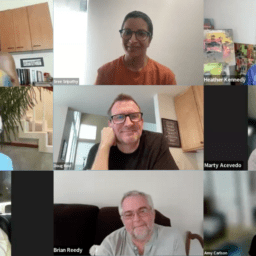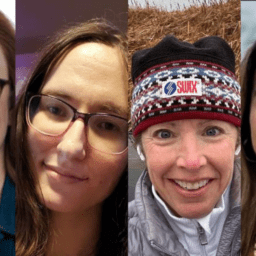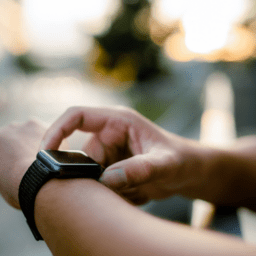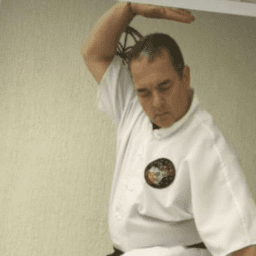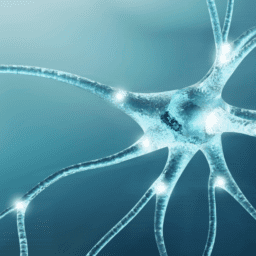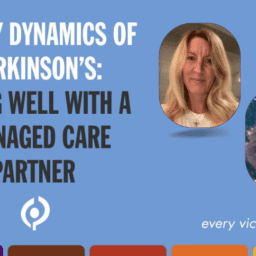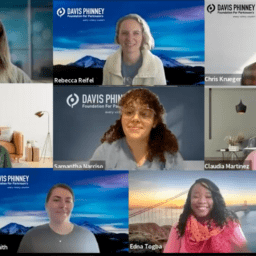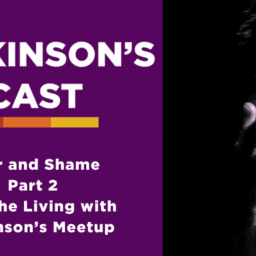During this month’s meetup, the panelists talked about shame and Parkinson’s, including a discussion of the differences between shame, guilt, and embarrassment.
Join us on the third Thursday of every month at 1 pm MDT! Click here to register.
You can download an audio file of this month’s webinar here: Audio LWPMU June 2023
You can download a transcript of this month’s meetup here: Transcript LWPMU June 2023 .
Note: This is not a flawless, word-for-word transcript, but it’s close.
Notes from this month’s meetup
Parkinson’s symptoms, especially painful ones, can cause your perception of yourself to change, sometimes dramatically. When Parkinson’s symptoms affect your ability to engage in the activities you want to, this change can be even more extreme. Moreover, if your Parkinson’s symptoms become prominent and you feel out of control of how others see you, how you perceive yourself in your community can change, which can further affect your sense of who you are. Sometimes, it may even feel like Parkinson’s has taken over and redefined your identity altogether.
These and other ways that Parkinson’s changes your life can cause you to feel shame that you are no longer the way you were or that your life hasn’t gone the way you had planned.
What is shame?
While cultural background influences the experience of shame, many of us experience shame as an intense experience of questioning or doubting our value, importance, and fundamental identity. One way to see this definition is in the ways people talk about shame. For example, when someone says, “You should be ashamed of yourself,” the implied meaning is that you have done something that has called into question who you are. Your self is to blame.
Embarrassment and ShamE
Embarrassment is sometimes called “proto-shame” because, like shame, it causes you to question your value, but it is more associated with how you fit in a social hierarchy than with a deeper sense of who you are.
For example, if you are observed violating a social convention that is of relatively low importance to you personally, you may feel embarrassed, but because the social convention is not something you deeply valued, you aren’t likely to reevaluate your identity or place in the world as you might if you were feeling shame. To put it another way, embarrassment is different from shame in so far as something embarrassing tends to be viewed as an isolated incident and is usually not associated with a broader sense of who you are.
Often, people feel that it is within their power to avoid repeating an embarrassing behavior, but they are less likely to feel in control of something about which they feel shame.
Guilt and Shame
Guilt relates to a particular action that is perceived as being wrong in a deeper or more personally important sense than something that is simply socially unacceptable. Like embarrassment, guilt results from behavior that you don’t think defines you.
One way to differentiate between feelings of guilt and shame is to consider the response you have to the feeling. If you feel it is possible to attempt to right the wrong, you are likely experiencing guilt rather than shame. If, instead, your inclination is to hide, withdraw, or avoid addressing the situation, you may be experiencing shame.
Examples of ways Parkinson’s can evoke shame
Some causes of shame you may experience while living with Parkinson’s include:
- Being unable to meet the expectations of familial roles like parenting or caring for parents
- Feeling that Parkinson’s has redefined and taken over your identity
- Experiencing side effects of medications, like impulse control disorders, that can contribute to a pattern of behavior
- Having to shift expectations around the relevance of your working life and other social roles
- Feeling responsible for having been diagnosed with Parkinson’s
- Struggling to accept help and acknowledge the pain of Parkinson’s gracefully
- Being unable to contribute to cooking, cleaning, or otherwise helping with home life
- Losing touch with friends because of an inability to participate in social events
What can you do about Shame?
One important way to manage shame is to recognize that you are not your Parkinson’s and that what you crave or the particular needs you may have at any given moment do not define you. Self-acceptance and allowing yourself some grace are practices that are good to cultivate and can be powerful tools in managing many of the complications of Parkinson’s, including how Parkinson’s challenges your sense of who you are.
Another critical way to live well when faced with challenges like shame in Parkinson’s is to connect with individuals and communities that understand your situation, respect the challenges you face, and value your contributions. Participating in local community support groups and joining our monthly meetups are great ways to do this. Please join us for our next meetup!
Additional Resources
Depression and Anxiety and Parkinson’s
Depression, Mood, and Parkinson’s Webinar
Complementary Therapies for Parkinson’s
Impulse Control Disorders and Parkinson’s
YOPD Council: Communicating About Parkinson’s
Scientific Underpinnings of Shame
WANT MORE PRACTICAL RESOURCES LIKE THIS?
You can learn much more about living well with Parkinson’s today through our Every Victory Counts® suite of resources. Each manual is packed with up-to-date information about everything Parkinson’s. Click the link below to order your manual(s).
Thank you to our 2023 Peak Partners, Amneal and Kyowa Kirin, and our Every Victory Counts Gold Sponsor, AbbVie Grants, for their ongoing support of these must-have manuals. Additionally, we’d like to thank Barbara and Dale Ankenman, Abby and Ken Dawkins, Bonnie Gibbons, Gail Gitin in loving memory of Gene Gitin, Irwin Narter, and Lorraine and J Wilson for their generous donations that allow us to make these resources available and free to all.





